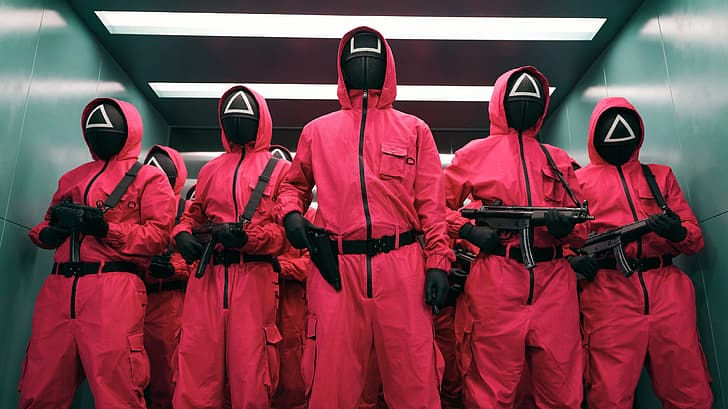India's Court-Martial System: Failing on all fronts of Competence, Independence, and Impartiality
- radhika-sinha

- Apr 17, 2023
- 3 min read
Updated: Jan 11
The Indian Armed Forces are among the largest in the world, with over 1.3 million active personnel serving in the Army, Navy, and Air Force. As with any organization of this size, the military faces its share of disciplinary issues and disputes, which are handled through a court-martial system.

A court-martial is a legal proceeding in which military personnel are tried for violations of military law. The court-martial system is designed to ensure that the armed forces maintain discipline and order, and that justice is served in cases where military personnel are accused of breaking the law.
However, the court-martial system in India has been subject to criticism on several fronts, including its competence, independence, and impartiality.

Competence:
One of the main issues with India's court-martial system is its competence. The system is not equipped to handle complex legal cases, and many military personnel feel that they are not given a fair trial. This is because the court-martial system is often staffed by officers who may not have the necessary legal training to conduct trials effectively.
Additionally, the court-martial system is not transparent, and there is little accountability for its decisions. This lack of transparency and accountability can result in unfair verdicts and a lack of confidence in the system as a whole.
Independence:
Another issue with the court-martial system is its independence. The system is subject to military influence, which can compromise its ability to deliver fair and impartial judgments. Military commanders have a significant say in the court-martial process, including selecting the members of the court-martial and determining the sentence. This can lead to conflicts of interest and can undermine the independence of the system.
Impartiality:
The court-martial system is also criticized for its impartiality. The system is not immune to bias and discrimination, and there have been instances where military personnel from marginalized communities have been unfairly targeted and punished. This is particularly concerning given that the armed forces are meant to represent the diversity of the country.
The court-martial system has also been criticized for its handling of cases of sexual harassment and assault. In many cases, victims have been subjected to victim-blaming and have not received justice. This is a serious issue, as the armed forces are meant to be a safe and secure environment for all personnel.
A recent example of the issues surrounding India's court-martial system is the case of Lieutenant Colonel Purohit.
Lt. Col. Purohit was arrested in 2008 for his alleged involvement in the 2008 Malegaon blast, a terrorist attack that killed six people and injured over a hundred others. Purohit was charged with several offenses, including murder and terrorism, and was placed in military custody.
However, the case against Purohit was plagued with controversy. Purohit claimed that he was being falsely accused and that he had been tortured while in custody. Additionally, there were allegations of procedural irregularities in the court-martial proceedings against him.
In 2017, the Supreme Court of India granted bail to Purohit after nearly nine years in custody, stating that the evidence against him was "flimsy." The court also noted that the prosecution had failed to establish a link between Purohit and the Malegaon blast.
The case of Lt. Col. Purohit highlights the challenges facing India's court-martial system. Despite being charged with serious offences, Purohit's case was marred by allegations of torture, irregularities in the court-martial process, and a lack of transparency and accountability.
In conclusion, India's court-martial system is failing on all fronts of competence, independence, and impartiality. The system is not equipped to handle complex legal cases, and there is little transparency or accountability. The influence of the military can compromise the system's independence, and bias and discrimination can undermine its impartiality.
The armed forces play a crucial role in ensuring national security, and the court-martial system is an important tool for maintaining discipline and order. However, in order for the system to be effective, it must be competent, independent, and impartial. It is time for the government to take action to reform the court-martial system and ensure that justice is served for all military personnel.



Comments